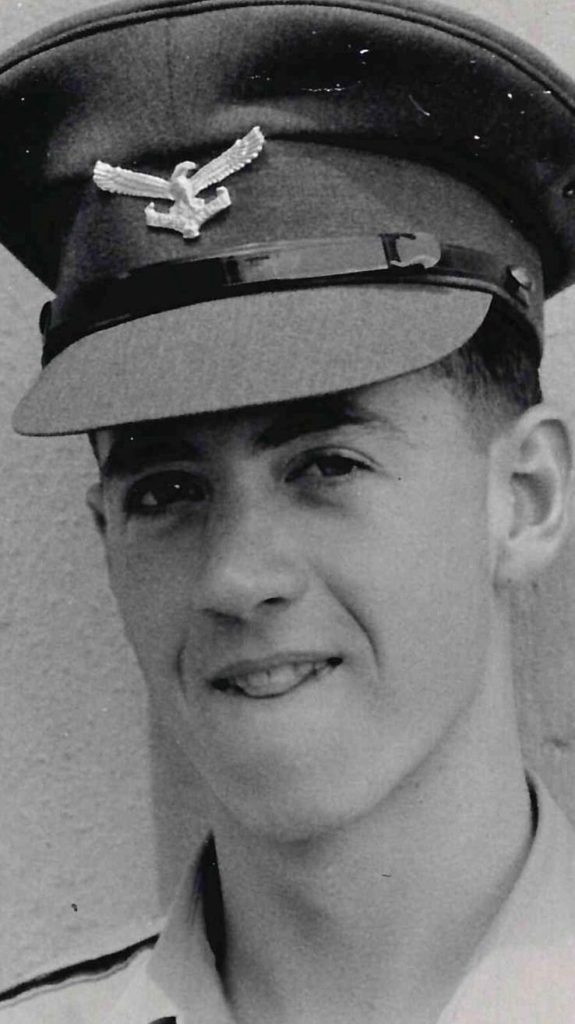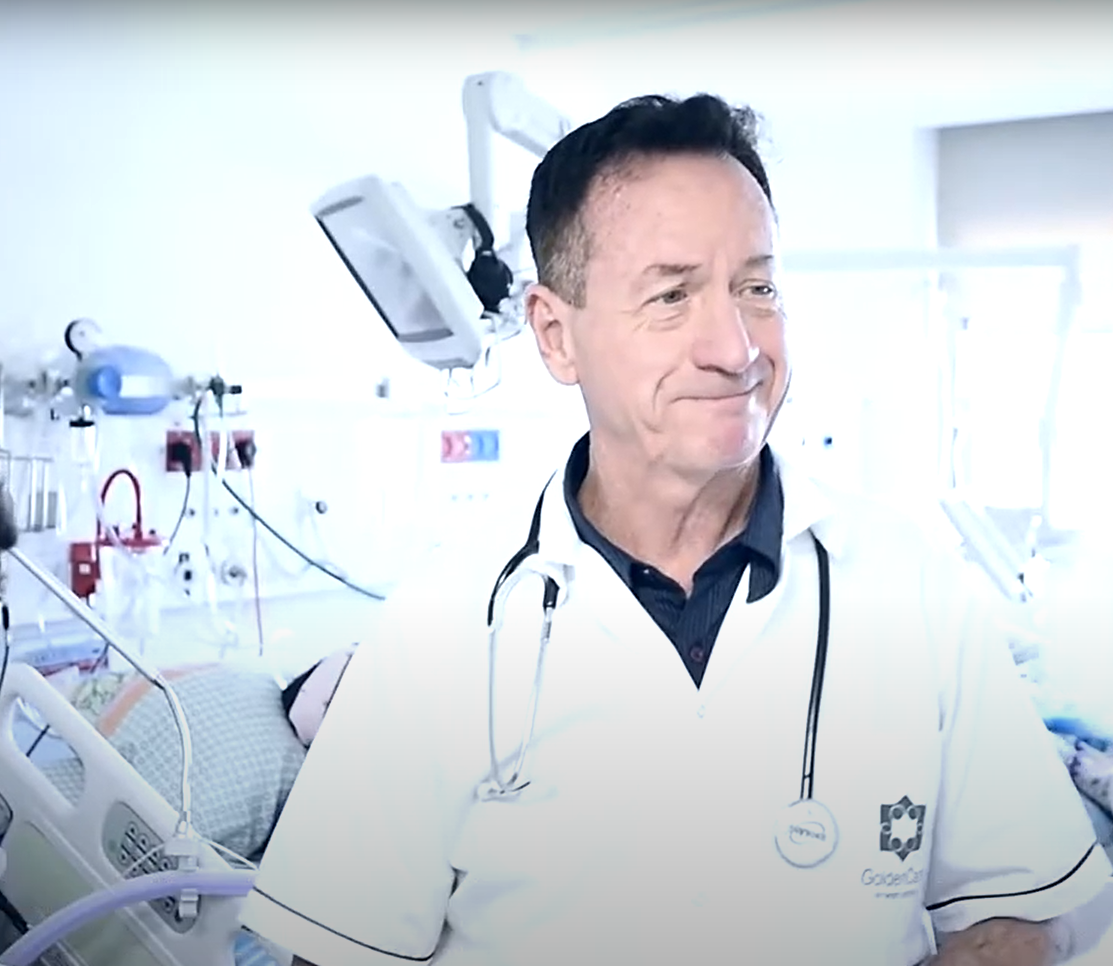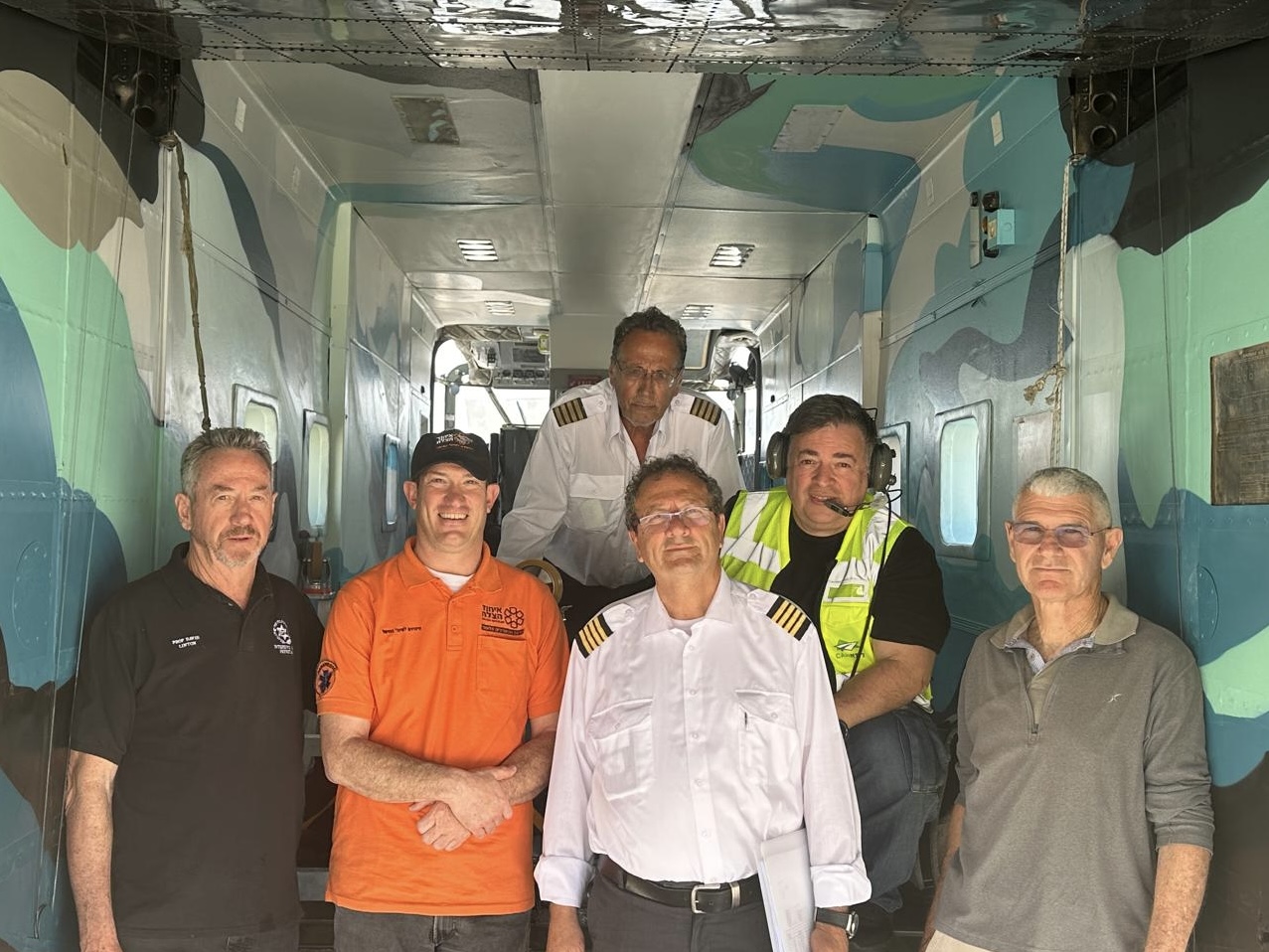David Michael Linton was born and raised in Pretoria, South Africa.
His mother was an OR Nurse and his father a pharmacist. David’s uncle Hilly was a pilot in the SAAF and flew bombing missions out of Italy under RAF command during WW2. Looking up to his uncle, David decided he wanted to become a pilot, and before he finished high school, he had achieved a Private Pilot Licence with an instrument rating.
Wanting to follow in his uncle Hilly’s footsteps, David drafted and passed the entry examinations for flying training in the SAAF. However, David’s father, Morris, refused to sign the enlistment forms and persuaded David to pursue a career in medicine. And so, he did.

David studied Medicine in the University of Pretoria, he finished his internship in 1976 and started working as a doctor. At that time, with a steady income, he decided to revive his flying career. Dr. Linton proceeded to train in paediatrics, surgery, gynecology and anaesthesiology. In 1983 he joined the department of anaesthesia at the university of Cape Town where he initially worked at the Red Cross Children’s Hospital Anesthesiology Department, specializing in Pediatric Cardiac Surgical Anesthesia and Pediatric ICU before moving to an adult ICU.
He subsequently became Head of the Respiratory ICU at the University of Cape Town’s Groote Schuur Hospital. Dr Linton was the first ICU Physician in South Africa to attain the MPhil (Critical Care) University Degree.
During Dr. Linton’s time in Cape Town, he joined the Cape Aero Club at Cape Town’s International Airport , for many years he was their Chairman and took part in advancing the flying training of Commercial Pilots for various airlines. He started flying twin engine aircraft himself and achieved his Commercial Pilots License while volunteering as a pilot for the SA Red Cross Air Mercy Service as well as training their flying Doctors and Paramedics. As the Honorary Chief Physician for the Red Cross AMS, he was instrumental in bringing in more complex Citation II jet aircraft and AgustaWestland AW109 Helicopters that were operated by the SA Red Cross. He flew hundreds of life saving missions around Southern Africa as a pilot and physician.
In 1996 Dr. Linton was offered a position to establish a Medical Intensive Care Unit at the Hadassah Ein Kerem Hospital in Jerusalem.
Dr Linton moved to Israel with his family and was appointed Clinical Professor of Anaesthesia and General Intensive Care by the Hebrew University in 1998.
In Israel, Prof. Linton continued his interest in Air Ambulance Operations and founded and directed the “Foundation for the Advancement of Airborne Medical Care” which trained crew members for Air Ambulance Escorts in co- operation with the EL AL crew training center at Ben Gurion International Airport.
Prof Linton also helped create the Red Wing Air Ambulance Service. And works on AA missions together with Arrow Aviation- another larger private Air Ambulance Service created by pilot friends of Prof Linton, which is able to do long distance Air Ambulance flights into Europe, Asia, Africa and the USA. Prof Linton has been their voluntary Medical Director since inception and continued to fly as a Commercial Pilot for Arrow Aviation until his 65th birthday.
Since “Semi Retiring” and leaving Hadassah, Prof. Linton continues his work as an General ICU consultant and teacher of Academic ICU practice worldwide. His biggest project now is consulting in four large respiratory rehabilitation Hospital wards in Israel. He continues to fly privately and act as a Physician on Air Ambulance Missions Worldwide.
Prof. Linton’s vision for the future of the LinMed Company in which he is the MD is to continue his particular career research and development interest in state of the art medical technologies, particularly Automatically Controlled ventilators which make patients on ventilators more comfortable and more easily weaned and rehabilitated.
Today the LinMed company, that Prof Linton established, imports and distributes the ventilator technologies that he has proved is crucial to saving and improving patients lives.


